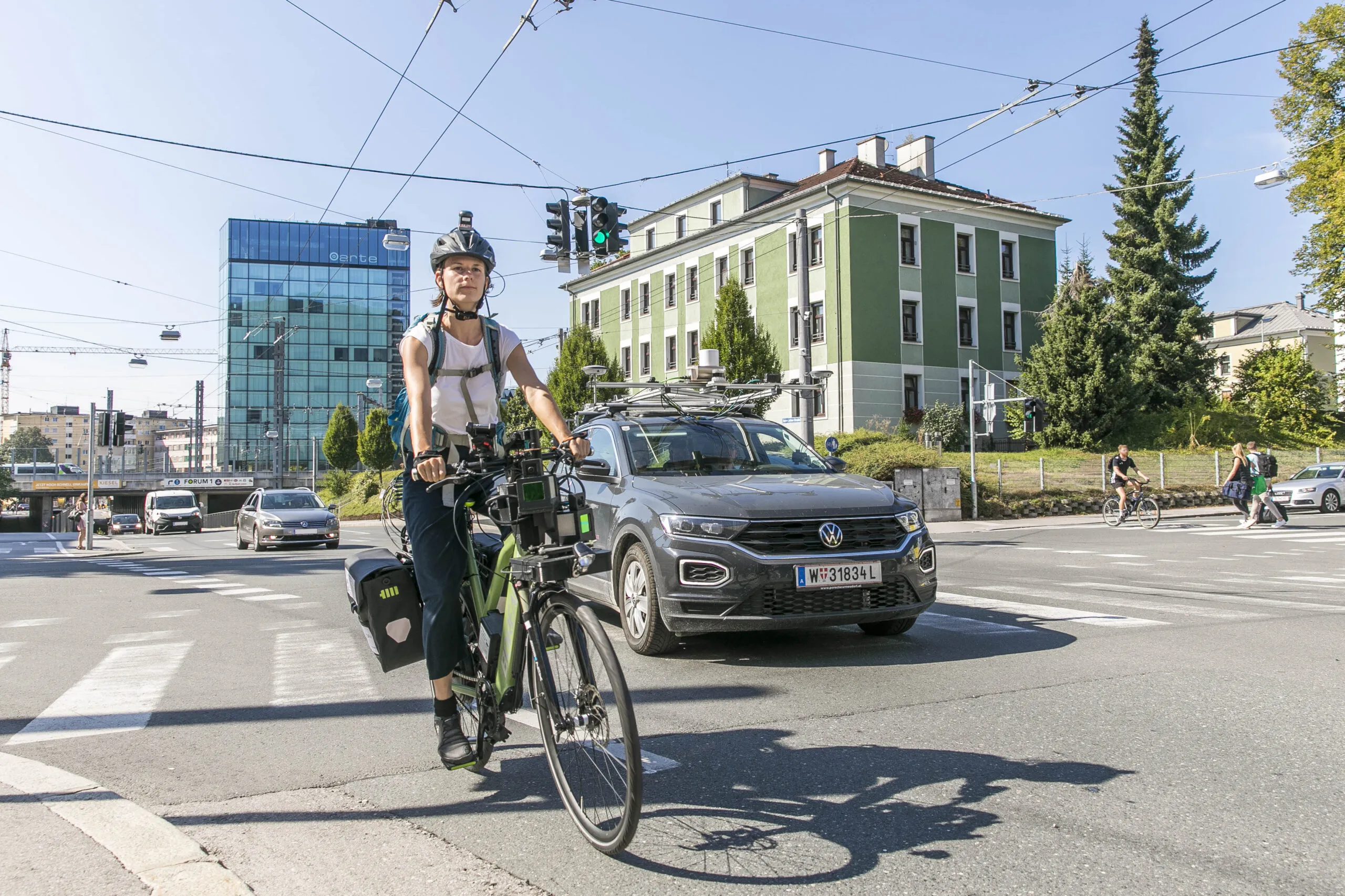
Drive Sweden is a consortium of 140 partners in which members like 2getthere, Atkins and Dynniq collaborate on developing transport solutions for people and goods.
A project involving the county of Västerbotten, KTH Royal Institute of Technology and Einride will seek to address future transport systems for sparsely-populated areas through autonomous, electric and on-demand controlled vehicles and drones.
RISE (Research Institutes of Sweden) and the Swedish Transport Administration will collaborate on a similar initiative which seeks to investigate the conditions under which AVs can offer more attractive public transport in the countryside.
DELTA – a pilot for on demand-controlled public transport with smaller vehicles – will aim to study the changes in people's behavioural patterns around shared vehicles. Partners include Kista Science City, Keolis and Ericsson.
Meanwhile, Swarco will work with data provider Viscando and the municipality of Uppsala to show how new types of sensors and traffic management models, combined with AI, can help improve accessibility and safety in signal controlled intersections.
In a separate trial, automotive provider Veoneer, CEVT (China Euro Vehicle Technology) and Volvo cars will study how sensors on connected vehicles can contribute to a better picture of the current traffic situation.
Additionally, public transport agency Västtrafik will work with K2 (the Swedish centre of public knowledge for public transport) and Malmö University to better understand how electrically divided AVs can affect and supplement transport.
A Stockholm virtual city project involving technology company Univrses and Taxi Stockholm will utilise cameras on a fleet of vehicles to collect information that can be complied into a digital copy of the city.









